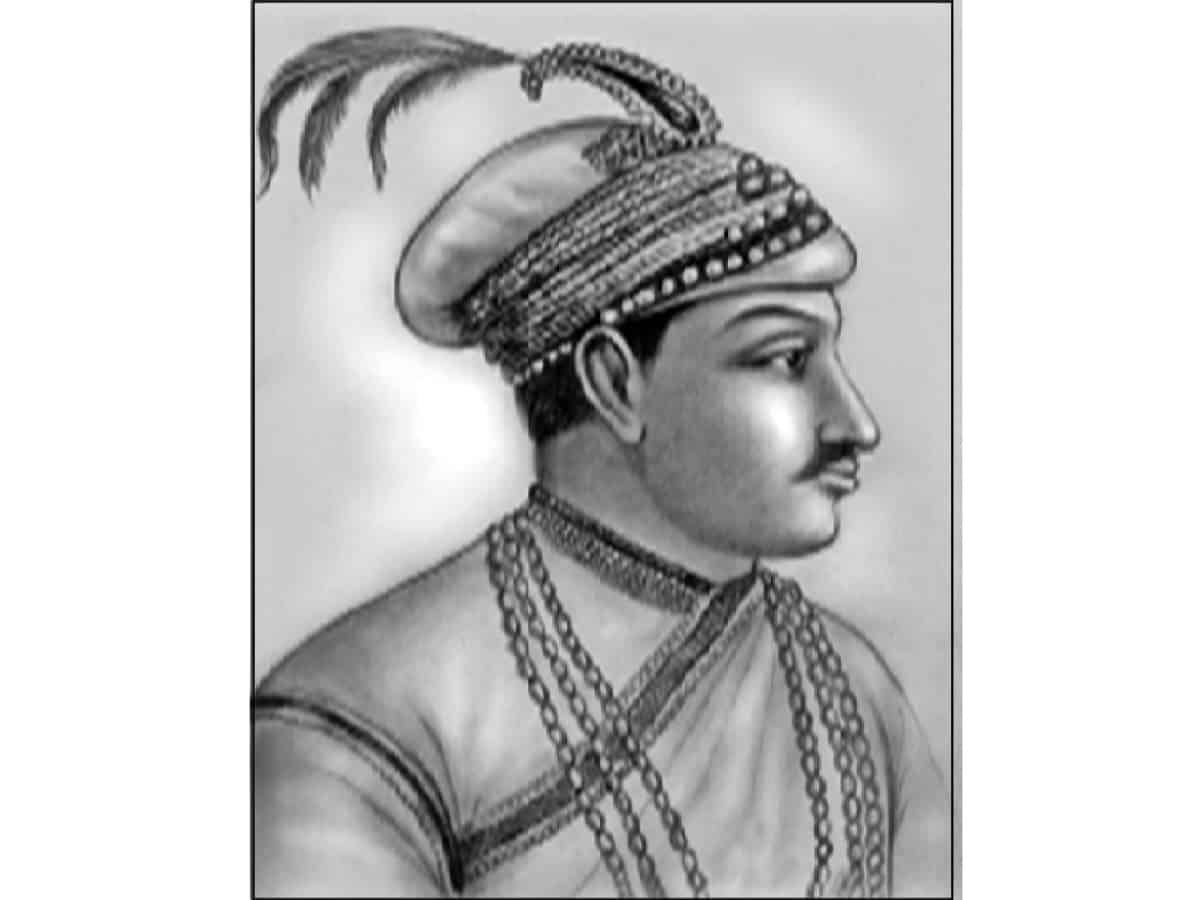Siraj-ud-Doulah, the Nawab of Bengal was the first Indian king to foresee the threat posed to the future of the country by the English East India Company which entered India in the name of trade but transgressed its limits.
He took bold initiatives to thwart the company’s evil designs. The last independent Nawab of Bengal, Siraj-ud-Doulah, was born in 1733 and took the reins of power at the age of 23 years. Taking advantage of the troubles faced by Siraj-ud-Doulah from his kinsmen, the East India Company started exploiting the people including the farmers and businessmen.
Siraj then took the initiative to curb those atrocities. Though he succeeded initially, because of his attitude of forgiveness towards the enemy, he had to pay a heavy price which proved catastrophic to the future of India. Under those adverse circumstances, his adversaries like Siraj’s aunt Ghasitee Begum, her adopted son Shaukat Jung, his supporter Krishna Das, who was the son of Diwan Raj Vallabh, Siraj’s Commander-in-Chief, Mir Jafar who was his uncle, influential traders Manik Chand, Ameer Chand and Banker Jagath Sethi had hatched a conspiracy along with Robert Clive to overthrow Siraj.
As Siraj was unaware of the clique against him, he reached Plassey with about 50,000 troops to fight against the British forces. The Battle of Plassey , which marked a watershed in Indian history started on 23 June, 1757. The East India Company’s troops were only 3,200 and the British troops among them numbered just 950. But the treacherous Commander-in-Chief, Mir Jafar, and another Commander, Roy Durlabh, deserted Nawab Siraj-ud-Daulah in the middle of battlefield in favour of the East India Company’s troops.
As a result, Siraj-ud- Doulah was forced to face defeat and he returned to Murshidabad, the capital on 24 June. Even there, the situation was unfavourable to young Nawab. With no option left for him, Siraj left the capital. Meanwhile, Mir Jafar was appointed the Nawab of Bengal by Robert Clive. Mir Jafar sent his son, Mir Miran, with troops to catch Siraj.
Young Siraj was caught and brought to the court and beheaded on 2 July, 1757. Nawab of Bengal Siraj-ud-Doulah will be remembered in Indian history as the ‘first warrior’, who sensed the danger from the British and fought against them heroically.
The article is part of a book titled ‘The Immortals’, written by the author.
Syed Naseer Ahamad is a Telegu writer and journalist who has written several books on the role of Muslims in the struggle for the freedom of India. Many of his books have been translated into other languages. He can be contacted at naseerahamedsyed@gmail.com

